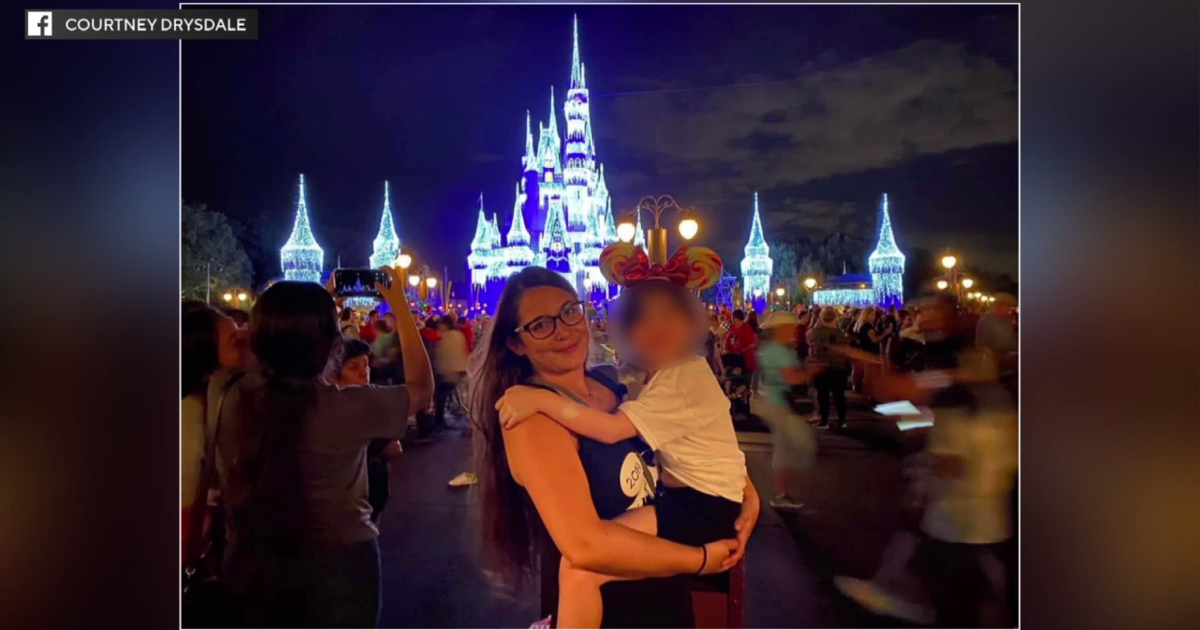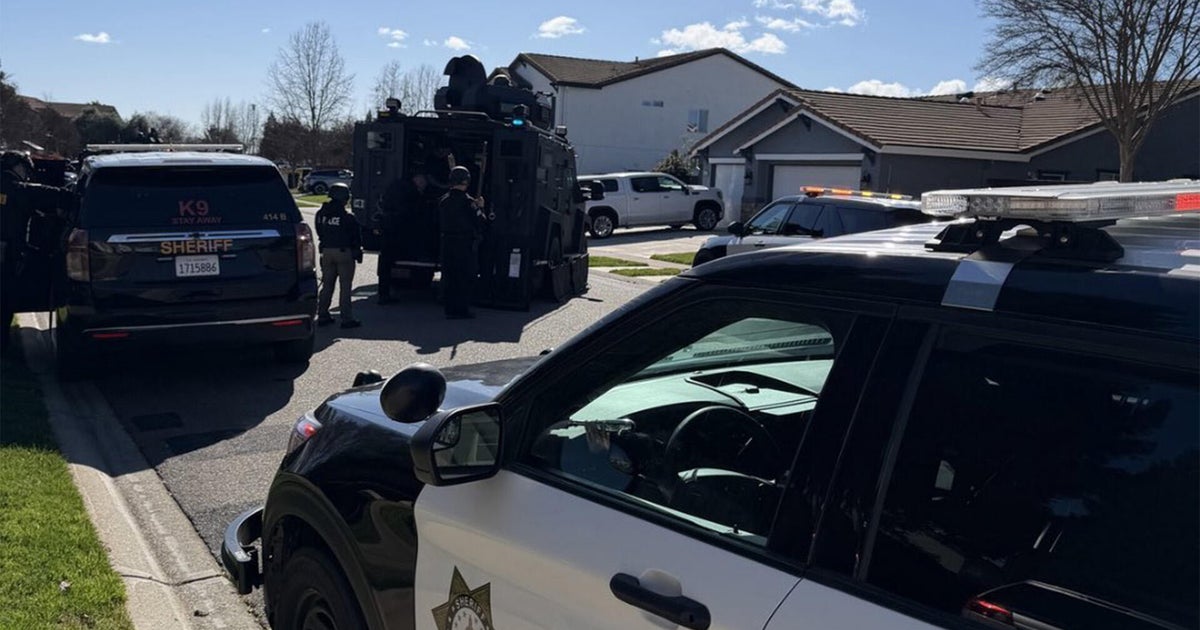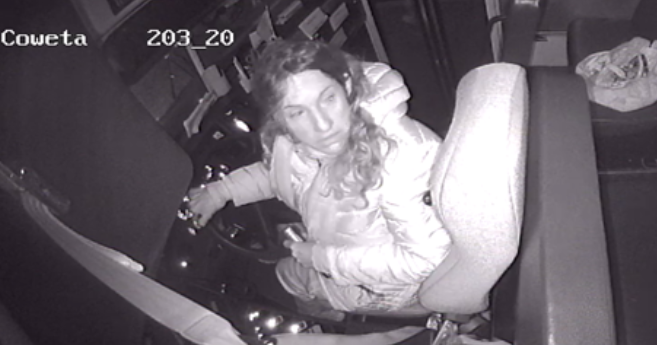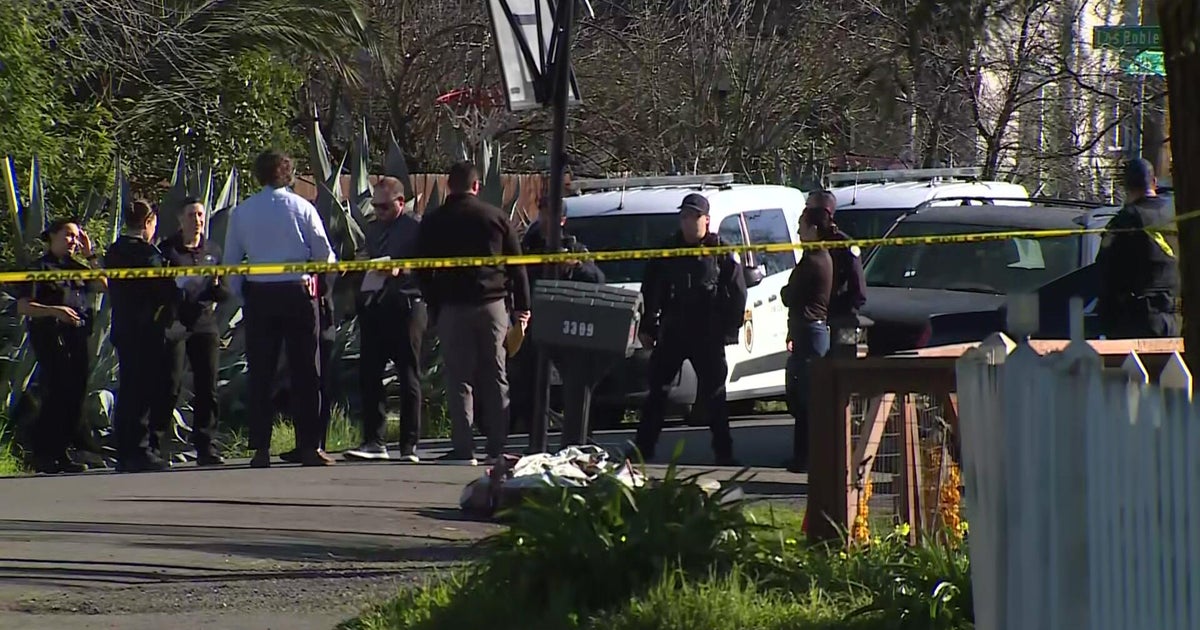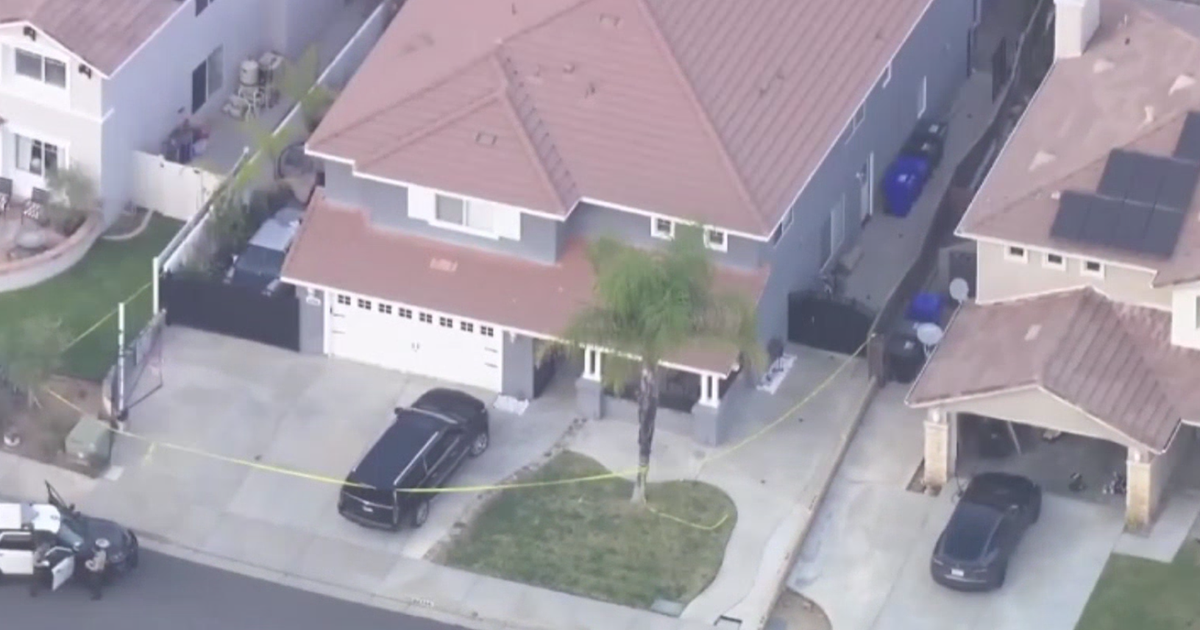Brown Seeks Victims' Help To Pass State Budget
PART 1
PART 2
SACRAMENTO (AP) — Gov. Jerry Brown asked groups representing crime victims and state prison guards on Monday to help him lobby Republican lawmakers on his proposal to close a budget deficit that once stood at nearly $27 billion.
Brown said later he thinks Republicans eventually will respond to law enforcement officials concerned that the criminal justice system cannot function properly without money generated by several temporary tax increases that are scheduled to expire this year.
The Democratic governor is seeking to renew the increases to the sales, personal income and vehicles taxes as an alternative to an all-cuts budget. Despite weeks of negotiations, Brown has been unable to find the Republican votes he needs in the Assembly and Senate to call a special election so voters can decide the matter.
"I hope you'll tell some of your legislators we're going to need some money because you can't run a prison, you can't run rehabilitation, you can't run parole and you can't run probation on hot air," Brown said, speaking at a rally co-sponsored by Crime Victims United of California and the California Correctional Peace Officers Association.
Brown wants the tax renewals to help solve about half the state's budget deficit. He already has signed bills cutting the budget by $11.2 billion through spending cuts and fund transfers.
"Perhaps the family members of the crime victims would have appreciated something more from Gov. Brown than a `political advertisement' to raise taxes," responded Jann Taber, spokeswoman for Senate Minority Leader Bob Dutton, R-Rancho Cucamonga.
Democrats say that having to close the full $26.6 billion deficit through cuts alone would devastate public schools, colleges and universities, public safety, health care programs for the needy, parks and other basic government functions.
Brown later said the job of convincing Republicans to approve the special election is made more difficult in part because many oppose a law he signed last week that shifts responsibility for jailing and supervising thousands of California criminals from the state to local governments.
Republicans say local jails and probation departments already are overwhelmed, meaning many criminals will serve little time and be largely unsupervised.
The bill would give local law enforcement responsibility for low-level adult offenders convicted of nonviolent and non-sexual offenses, along with many parolees and rehabilitation programs. It would remove up to 30,000 inmates over three years from what is now the nation's largest state prison system.
Brown said the realignment is one of the key accomplishments of his first 100 days in office, a mark he hits on Tuesday. His office said it will save the state about $2 billion annually about three years after it is implemented, but the governor also has said it will not take effect until the state has enough money to help counties adjust.
That will happen only if the temporary tax increases are extended or money is diverted from elsewhere in the budget, he said.
"I'd say the realignment ... this is a big, important reform," Brown said in a telephone interview with The Associated Press. "Now, it's not going into effect until we get the money. But I'm confident we'll get the money. It makes too much sense."
Brown is counting on education and law enforcement officials, along with business groups, to court reluctant Republicans.
"There's a fear," Brown said. "I mean, they're being denounced in their own caucus as traitors, as Republicans in name only. So nobody likes that. But the moment of truth will come when there's no budget."
The governor said he has continued to communicate privately with some Republicans after talks broke off late last month with Dutton.
Brown said he's been told there will be enough Republican votes to solve the deficit without an all-cuts budget, once the deadline nears. Last week, Brown began traveling to some Republican districts to press his case.
"I know there are some Republicans who are very worried about our schools and there are others who are very responsive to the police and the prosecutors," Brown told the AP. "As we get close to the budget deadline I think the problem becomes more real and I think they'll be willing to pitch in and provide the votes for real solutions."
(© Copyright 2011 The Associated Press. All Rights Reserved. This material may not be published, broadcast, rewritten or redistributed.)


